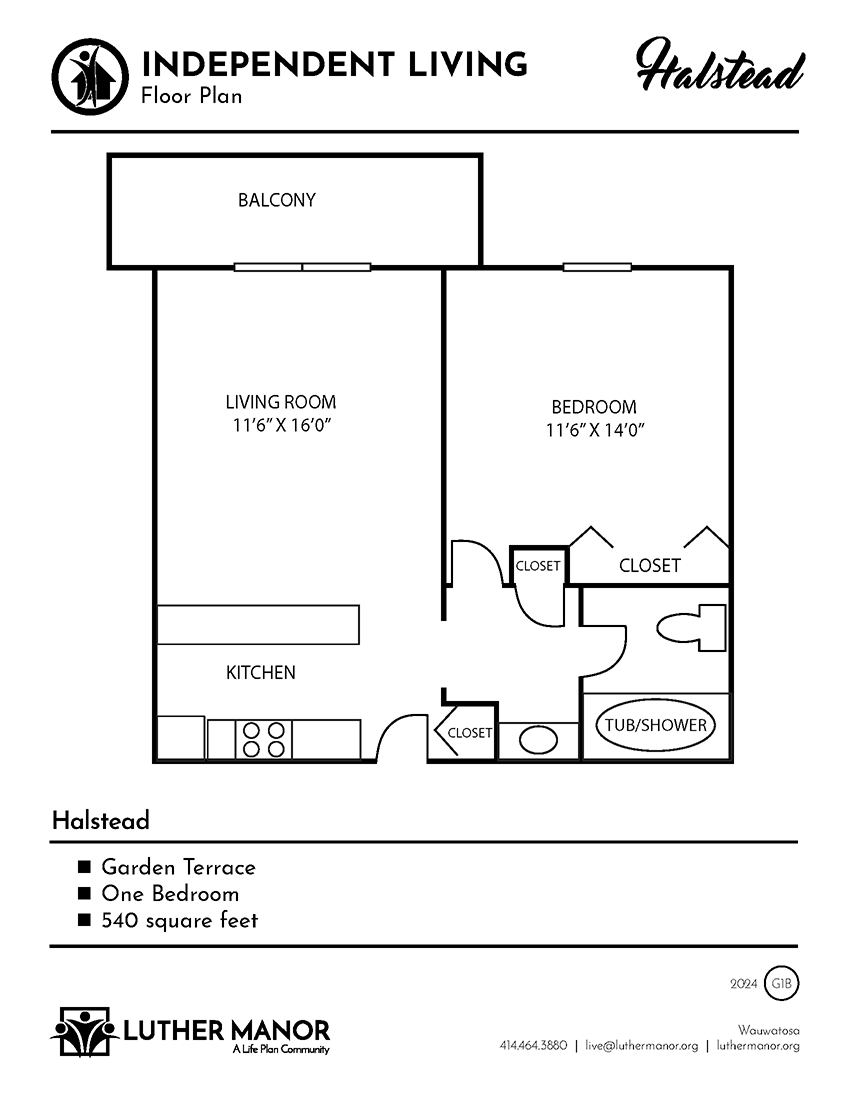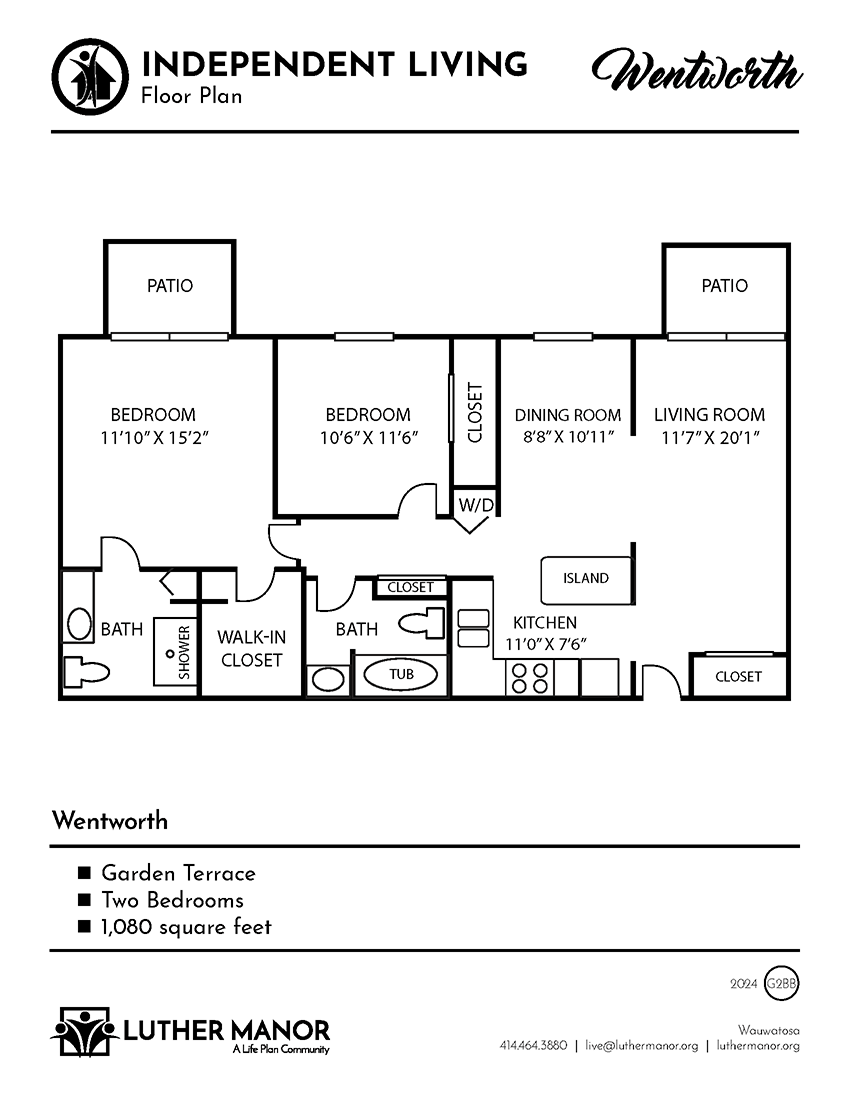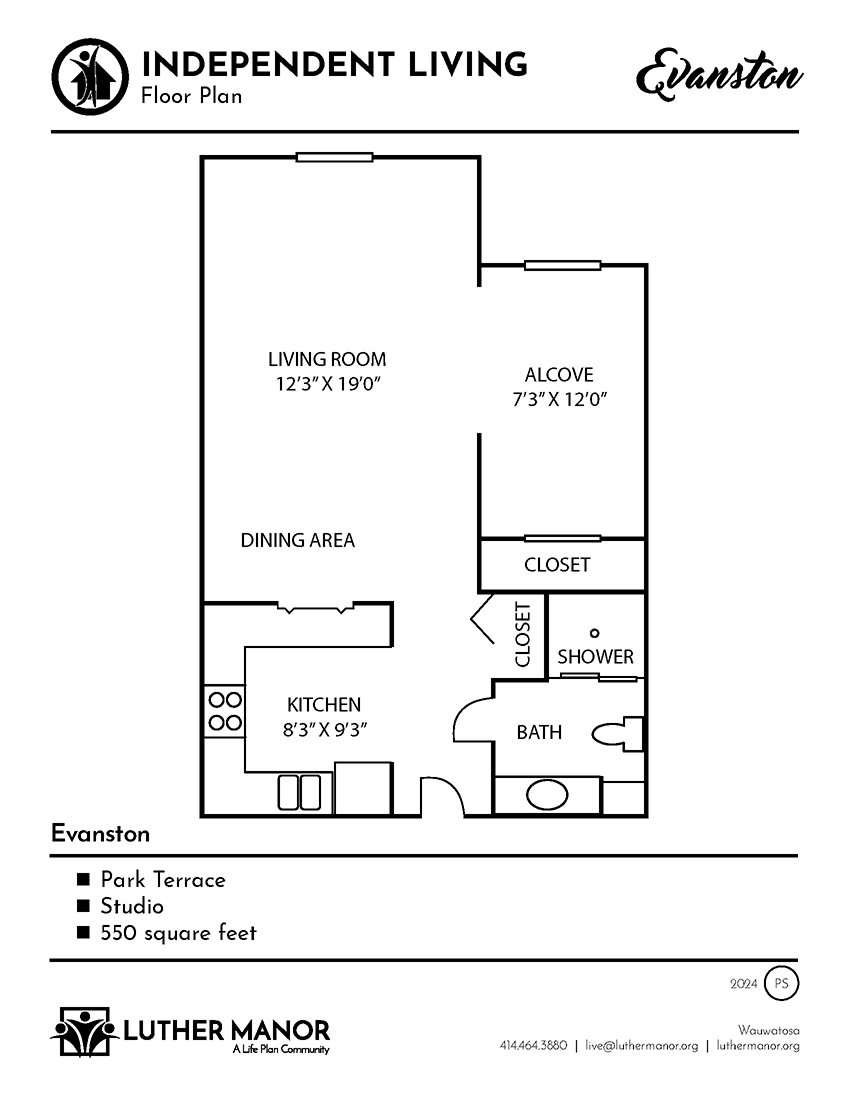How to Eat Right in Your Golden Years
What if you walked into Mom or Dad’s kitchen and found 10 boxes of cereal and nothing else? The truth is, many older adults struggle with preparing and eating nutritious meals, with those living alone either eating too little or too much, often heavily processed, food. Besides the challenges of cooking for only one or two after a lifetime of feeding a family, seniors also undergo physical changes that change the way they taste and how many calories they need. There are certain dietary guidelines for seniors to keep in mind when preparing meals – and different ways you can help your older loved one eat right in their golden years.
Helpful Food Guidelines for Senior Nutrition
Keeping these dietary guidelines for seniors in mind when preparing food and eating can help older adults lead a healthier, more vibrant lifestyle.
- Aim for three meals a day – breakfast, lunch, and dinner. They don’t necessarily need to be big meals but should be well-balanced nutritionally. Like most people, seniors spend the day burning calories, so earlier in the day is better to consume more calories rather than right before going to bed at night when bodies don’t burn as many calories. Keep that in mind when creating a senior diet plan.
- Mix it up. One of the most important senior nutrition guidelines is to find an overall balance and include all the food groups. It’s easy to eat the same staples over and over while forgetting to eat a variety of vegetables or consume enough dairy.
- Moderation is key. When it comes to a balanced senior diet, there aren’t “bad” foods to completely avoid. Just don’t go overboard on sweets and other foods that don’t provide proper nutrition. Especially as people age, the more nutrient-dense (the more nutrition in a food) a food item is, the better that choice is going to be. Fruits, vegetables, and protein sources are the most important items to consume.
- Convenience foods are easy but often unhealthy. Take the time to read the box and/or label to discern the nutritional contents. For example, some microwavable frozen meals are healthier than others – look at the sodium and fat contents especially. An easy senior nutrition tip is to opt for a low sodium option when buying canned food.
- Those with cardiac issues need to be mindful of salt intake by tracking how much sodium they are getting during the meal and throughout the day. Using healthy spices and herbs in a senior diet instead of salt increases flavor without increasing sodium.
- Diabetics should keep track of the number of carbohydrates in the foods they consume to help keep blood glucose levels normal.
- Stay hydrated, it’s a staple of senior nutrition. One easy way to try to ensure that someone gets adequate fluids is to have a table next to the recliner/chair in front of the chair they read or watch TV in and having a cup with water in it ready to sip. Taking sips throughout the day will help them get more fluids.
- Certain medications have interactions with different foods. For example, Vitamin K can interact with blood thinners. Vitamin K clots your blood, so it opposes that medication. Doctors often suggest older people who are on those blood-thinning medications avoid green leafy vegetables because they’re high in Vitamin K. So, it’s important to consult a doctor to learn about the impact a senior diet can have on medications.
What You Can Do to Help Your Older Loved One With Senior Nutrition
Perhaps Mom already knows she should be eating healthily but is unable to on her own. What are some of the things you can do to help your loved one eat a more proper diet?
Your loved one may need help grocery shopping. After all it can be hard to practice proper senior nutrition if your loved one has trouble with their mobility. So assisting them while grocery shopping or setting up a way to have groceries delivered could be a big help.
Alternately, cooking may seem overwhelming to your older loved one. As easy way to jumpstart proper senior nutrition is to help them meal prep (make multiple portions ahead of time and freezing portions to reheat easily at a later date). Another idea is giving leftovers from your own cooking. It ensures they have nutritious food on hand when they don’t feel able to cook or make something for themselves.
Having a healthy diet for seniors available is one of the many benefits of your loved one moving to a senior living community. Communities like Luther Manor offer a tasty and healthy approach to senior nutrition that residents enjoy.
What You Would Be Surprised to Know About Dining in Senior Living Communities
Think of the dining options at a senior living community as restaurants. Many have gourmet items and offerings vary based on each care area. At Luther Manor, independent living residents have several different restaurants, each with different specialties onsite. And, skilled nursing and assisted living residents have the ability to choose an alternate offering each meal such as a cheeseburger and fries. At Luther Manor, no matter what level of care your loved one needs, our vibrant dining options offer a variety of healthy senior diet options.
Most senior living communities will honor requests for certain foods – especially comfort food favorites. Communities offer a variety of foods to give residents plenty of choices. There’s something for everybody. Snacks are available for those who want them at any time. Senior living communities focus on making the experience as home-like as possible – residents are able to have meals delivered to their apartments. A senior living community will tailor meals to your loved one’s preferences and continually strive to provide a healthy diet for the seniors they serve.
On holidays, there is usually a special menu created to spice up the experience. Communities usually combine senior nutrition with the festive foods of the holidays. For example, on Thanksgiving, turkey, green bean casserole, mashed potatoes, and corn are served. The Fourth of July features grilled, barbecue-style foods, while St Patrick’s Day has corned beef, cabbage, and potatoes.
Residents have a say in what is on the menu and how food is prepared through a Dining Council that meets monthly. Dining council members often are able to attend taste-tests and provide direct input regarding new and existing menu items.
How a Registered Dietitian Can Help Older Adults
Senior living communities, such as Luther Manor, employ registered dietitians to improve the nutritious quality of meals served. According to the Academy of Nutrition and Dietetics, a registered dietitian nutritionist (RDN) has a bachelor’s degree, has completed a supervised practice program, passed a national exam, and completed continuing professional educational requirements.
Registered dietitians work with the chef and cooks at senior living communities to ensure the food offerings meet state and federal nutritional regulations while making sure the food is still tasty. They also meet one-on-one with skilled nursing facility residents to review their medical status and monitor their weight and overall health, while keeping in mind any special needs they may have. The staff registered dietitians and chefs taste-test each offering before greenlighting it to appear on the menu.
Discover a Vibrant Senior Diet at Luther Manor
If you’re looking for a community with a delicious take on senior nutrition, Luther Manor has got you covered. Contact our team today to learn more about the engaging life that’s waiting for your loved one at our senior living community.






